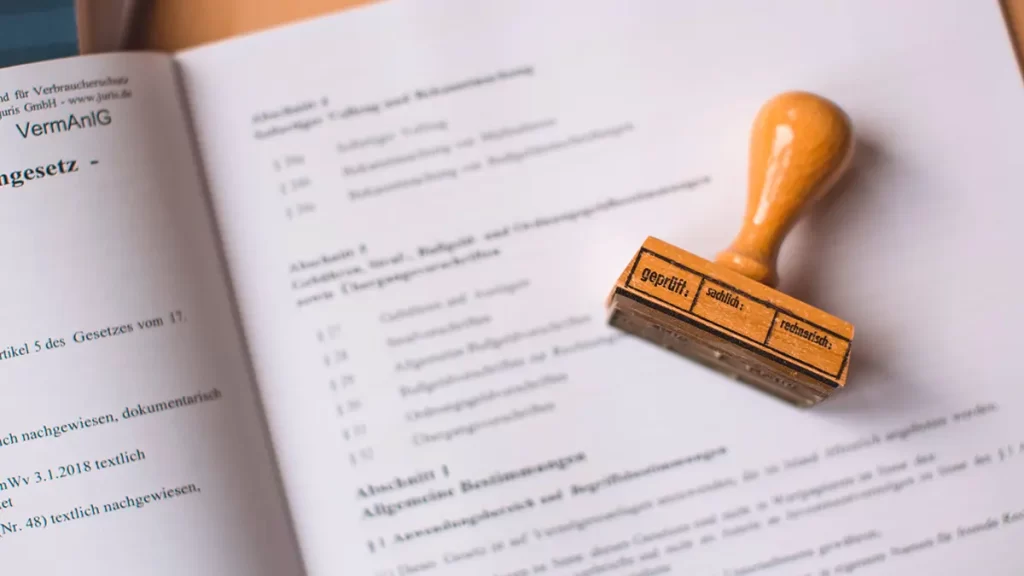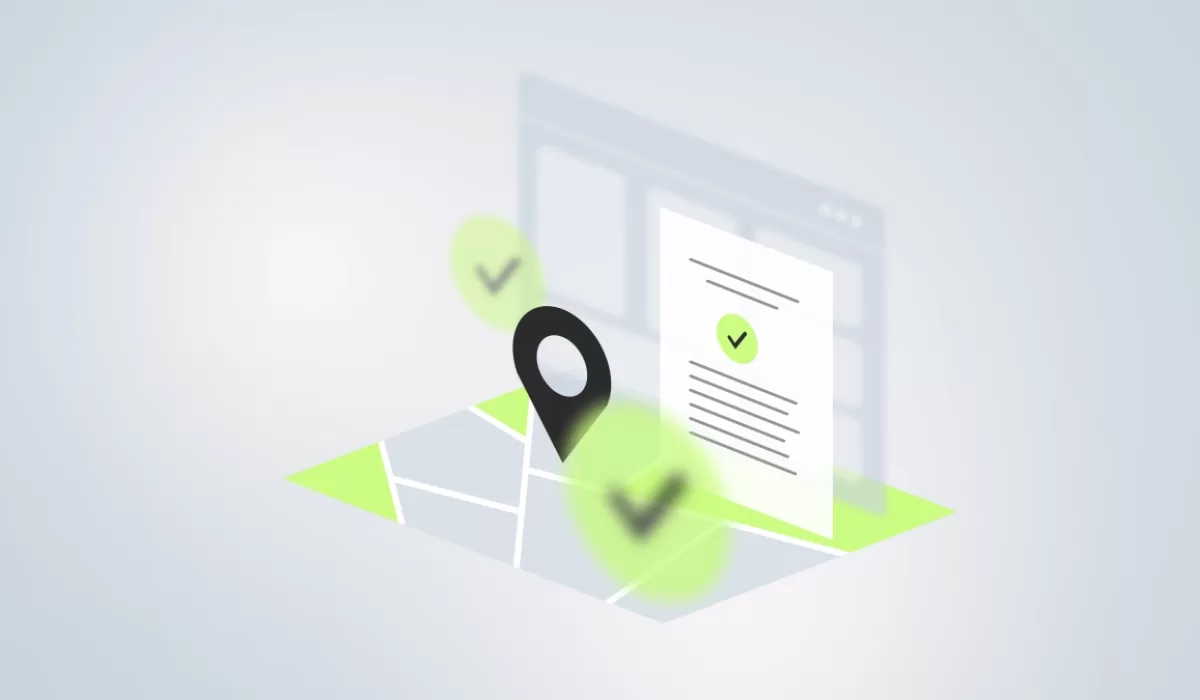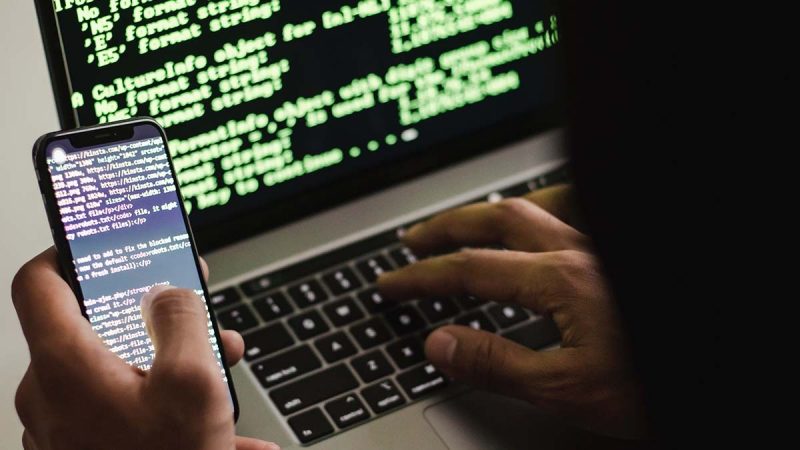A Proof of Address (POA) is a document that verifies a person’s location or permanent residence. Customers are mandated to provide valid proof of address for Know Your Customer (KYC) and Anti-Money Laundering (AML) purposes. Typically, a user should be able to prove their address during onboarding.
The Proof of Address Process
While digital onboarding processes are rather simple, things can get complicated when an organization requests proof of address. Usually, a client should verify their identity by taking a selfie and a photo of their identification card. The procedure takes around 60 seconds when using Ondato‘s solution. However, when organizations implement POA requirements, an additional challenge may appear.
For instance, a customer has to figure out what documents are accepted. As per regulation, the document should be issued by service providers (such as a bank) or government agencies, including local judicial authorities. For this reason, organizations can’t accept handwritten notes, receipts, or pension statements in many regulatory jurisdictions.
Nonetheless, educating customers can help ease the process.
To help unravel the POA process, we wrote this article explaining the acceptable proof of address documents and why your clients should prove residency.
Why Is Proof of Address Necessary?

POA is typically part of the compliance process for financial institutions, including crypto firms, fintech, and e-money providers. For example, POA is necessary to open a UK bank account. This method aims to prevent money laundering and other financial crimes by establishing that a person has permanent residency in a certain location. That is why a bank can ask each person opening a bank account to prove their address.
Aside from preventing fraud, knowing where someone lives is also necessary to ensure postal communication, especially when an organization wants to send documents physically. Furthermore, a legal address may be required when other modes of communication fail, and a bank may only contact the client physically.
Lastly, proof of address ensures compliance with regional restrictions. Organizations often require proof of address to restrict account opening for clients living in countries other than their rules allow.
What Documents Are Accepted as Proof of Address?
Documents that are considered valid proof typically vary depending on the jurisdiction. However, obligated organizations usually accept documents listed below:
- Internet and mobile phone bills and various utility bills such as water, gas, electricity.
- Credit card statements or bank statements with a date, address, and name
- Signed Lease Agreement
- Mortgage statement
- Any correspondence issued by a government agency
- Property Tax Receipt
- Council tax or municipality bill
- Social insurance statement
Alternatively, several other documents can also be used if they provide proof of a current address:
- Driver’s license
- Valid photo ID card
- Passport
- Residence permit
- Social security card
If the client is a minor, they can present an address proof document with their parent’s name.
It’s also worth noting that clients must use different documents to verify their identity and current residential address. Some financial institutions require two separate documents as appropriate proof.
Documents That Are Not Acceptable
- Any handwritten bill, document, or a letter
- Pension statement
- Insurance policy
- Receipts
- Purchase Invoice
- Any document older than 3 or 6 months (the precise time can differ depending on the region).
- Any document that does not have a date
Best Proof of Address Practices

Verifying a client’s proof of address can be a tedious process. That is, only if it’s done manually. Global business expansion, lack of resources, and demand for swift and efficient onboarding have rendered the manual process useless. Fortunately, the latest technology improves the process and scales its efficacy without compromising fraud prevention measures.
Automation
These days, automation is the key to a successful compliance strategy. Using the latest regtech services allows us to mitigate fraud and save compliance costs effectively.
When it comes to proof of address automation, the benefits are undeniable. The technology allows you to collect the residence address of any given document automatically. Performing this process manually takes much longer and exposes it to human error.
Often, proof of address is perceived as an outdated procedure because a document, such as a utility bill, can be easily faked. However, regulations still require it to be implemented. For this reason, many organizations turn to regtech services to ensure the process is secure.
Solutions such as Ondato ensure that a residency is valid by implementing a liveness check technology. This solution easily spots fake and altered documents with the highest accuracy rate.
Geolocation Solution
When it comes to the application of regulatory requirements, it’s better to be safe than sorry. Organizations should always consider additional steps to ensure safety and compliance, even if these steps aren’t required by law. One such solution is a geolocation check.
A geolocation solution can detect users’ location information in real-time. It collects GSP and IP data to confirm that the user is exactly where they claim to be. Thus, it automatically determines whether a user can access a geographically restricted service.



